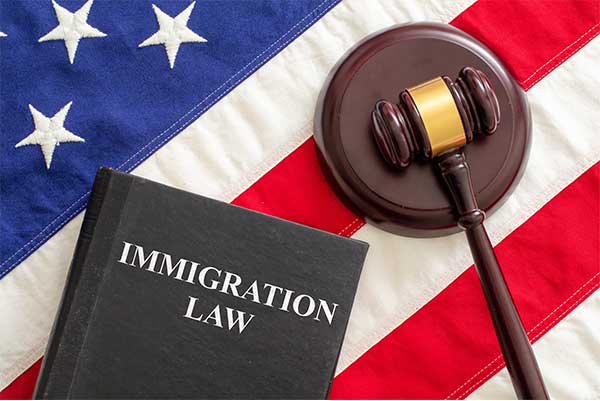Can You Relocate with Your Child after a Divorce? Naples Child Custody Attorney Explains
Divorced parents rarely remain in the same household, but what happens if the parent with legal custody decides to move to a different state? One parent may have found the perfect home in California. You can view site here if you would like to learn more about real estate opportunities in this state. Many parents decide to relocate for economic reasons or to start a life with a new spouse. However, as Florida Statutes explains, there are certain procedures that divorced parents must follow before moving children to a different state.
If you’re unfortunately going through a divorce and a relocation, you might want to pack up your things and store them away for when you’re ready to make the move, removal and storage companies like JIT Removals and Storage are one of many that could help you through this process.
In Florida, parents typically have time-sharing schedules instead of traditional custody arrangements. Courts do not favor moving children away from either parent because it seldom serves the child’s best interests. Even so, people often do consider doing so, hiring a service like CarsRelo to help them get their cars and other belongings further afield. It depends on the circumstances, so think carefully about it.
If you need to relocate and are the primary residential parent, then contact a Naples child custody attorney from the Law Offices of Michael M. Raheb, PA. Mr. Raheb can evaluate your situation and explain your legal options. Call 866-949-0888 to schedule a consultation.
In the meantime, read on to learn more about relocating with children after a divorce:
Custody Arrangements
Regardless of your current custody arrangement, there is always a possibility that future circumstances will require it to change. This is because most time-sharing arrangements are formed during divorce proceedings according to the family’s situation at the time.
If you need to move, you will have to reassess your current agreement. You will need to notify your spouse if you plan to relocate the child more than 50 miles away and try to come to a mutual agreement.
Relocation Agreement
It is important for parents to reach an agreement about the move. If they can, the moving parent must obtain written permission from the other parent, along with others that have a legal right to see the child, such as grandparents.
A relocation agreement must contain consent from all parties to move the child. It must also include visitation rights for non-moving parties, as well as any transportation arrangements the move will make necessary. For example, if the parents decide to fly the child for regular visits, the agreement must include when this will happen, how often and who is responsible for buying the plane tickets.
Notice of Relocation Intent
If parents cannot reach an agreement about the move, the one wanting to move must go to the appropriate court and file a Notice of Intent to Relocate. This is usually the court responsible for issuing the last support order for the child. Then, you must serve all parties with rights to visit the child copies of this notice.
If you choose to go this route, the notice must contain certain details about the move, including the new residential address and telephone number, the date that you plan to move, your reasons for relocating and a proposed plan for transporting the child for regular visits after the move.
Court Involvement
If your spouse objects to the move, then he or she must file an objection in response to your Notice of Intent to Relocate. To determine if the move is in the child’s best interests, the court will listen to evidence from both sides. Ultimately, the court’s decision will depend on whether or not the judge believes the move is in the child’s best interests.
When deciding if a move is permissible, the Florida Bar explains how the court will investigate certain factors, such as whether it will be possible to preserve the child’s relationship with the non-moving parent, your reasons for wanting to move and what the child wants. It is the moving parent’s burden to show how the move will serve the child’s best interests.
Relocating a child requires reviewing your etire custody arrangement and making new parenting plans. A Naples child custody lawyer can help you structure this agreement. Call the Law Offices of Michael M. Raheb, PA at 866-949-0888 to schedule a consultation with a Fort Lauderdale child custody lawyer.





































